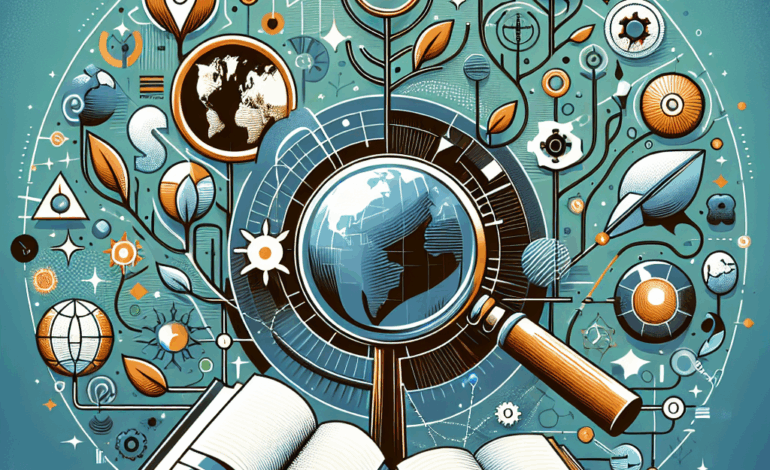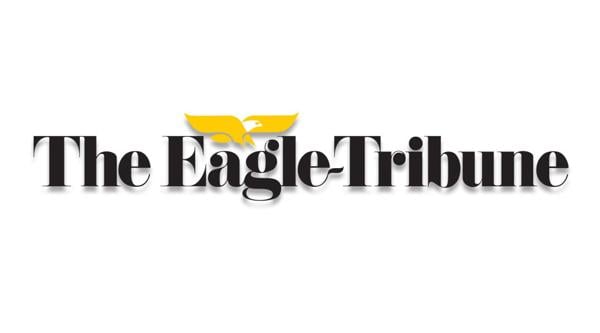Mastering Knowledge Acquisition: Essential Skills for Growth

In a world overflowing with information, the ability to effectively acquire knowledge has emerged as a crucial skill for individuals and organizations alike. Understanding how we gather, analyze, and apply information shapes our decision-making processes and fosters personal and communal growth. As society evolves, exploring the intricacies of knowledge acquisition offers insights that can enhance learning and innovation.
Understanding the Process of Knowledge Acquisition
Knowledge acquisition encompasses the methods through which people and organizations absorb, integrate, and utilize information. This complex process can be divided into two primary modes: formal and informal learning. Formal learning takes place in structured settings like schools and universities, where specific curricula guide the educational experience. In contrast, informal learning occurs through everyday experiences, social interactions, and self-directed exploration.
Diverse Modalities of Learning
The landscape of knowledge acquisition is rich with various learning modalities that cater to different needs and preferences.
Experiential learning emphasizes the importance of hands-on experiences. Engaging directly with material allows individuals to grasp concepts more deeply. Opportunities such as internships, workshops, and real-world projects provide environments where challenges can be encountered, skills developed, and insights gained.
Social learning recognizes the inherent social nature of humans. Interactions with peers, mentorship, and collaborative projects foster the sharing of ideas and diverse perspectives. Such communities of practice, where individuals with shared interests work together, serve as powerful avenues for collective knowledge enhancement.
The digital revolution has also transformed how knowledge is acquired. E-learning platforms, online courses, and webinars have made education more accessible. Lifelong learners can tailor their educational experiences to meet their specific needs, schedules, and goals, significantly broadening their horizons.
Critical thinking plays a vital role in the knowledge acquisition process. Analyzing information critically enables individuals to identify credible sources, evaluate arguments, and synthesize multiple viewpoints. A mindset of inquiry encourages learners to question assumptions, leading to a richer understanding of the material.
Curiosity serves as a driving force behind knowledge acquisition. It compels individuals to explore, ask questions, and seek answers. Nurturing a curious mindset not only enhances individual learning but also promotes a culture of innovation within communities and organizations. Open-ended inquiries in both formal and informal contexts can lead to significant discoveries.
Despite the variety of methods for acquiring knowledge, challenges can hinder the learning process. Cognitive biases, lack of access to resources, and information overload can create barriers. Addressing these issues requires promoting critical literacy, fostering a growth mindset, and creating inclusive environments where learners feel empowered to engage.
Looking ahead, the integration of technology and personalized learning offers promising avenues for future knowledge acquisition. Emerging technologies such as artificial intelligence and virtual reality are reshaping educational delivery. These innovations cater to individual learning styles, enhancing engagement and information retention.
Additionally, the growing emphasis on interdisciplinary approaches highlights the need to connect knowledge across various fields. Addressing complex contemporary challenges, such as climate change and healthcare, demands innovative solutions that draw from a diverse array of knowledge.
Exploring the art of knowledge acquisition reflects humanity’s innate desire to understand and navigate the world. By embracing different learning modalities, fostering curiosity, and overcoming barriers, individuals and communities can unlock their potential for growth and creativity. As knowledge evolves, adopting a rich, adaptive approach to learning empowers people to thrive in an ever-changing landscape. Ultimately, the journey of learning may prove as valuable as the destination, reinforcing the notion that education is a lifelong endeavor.






